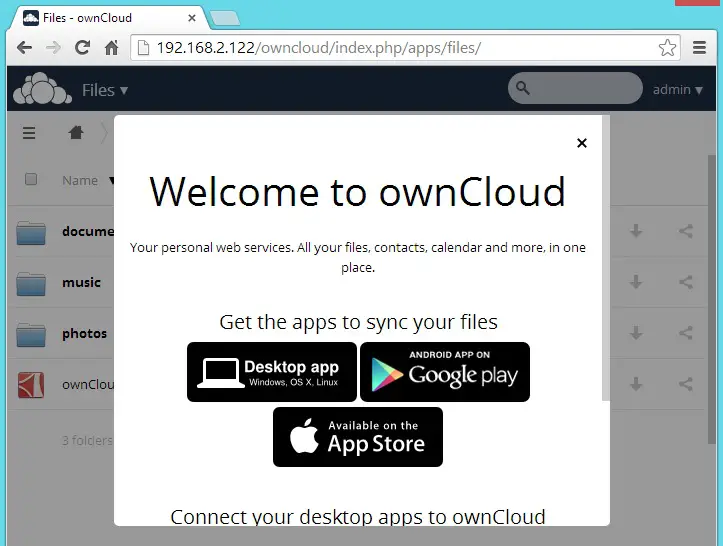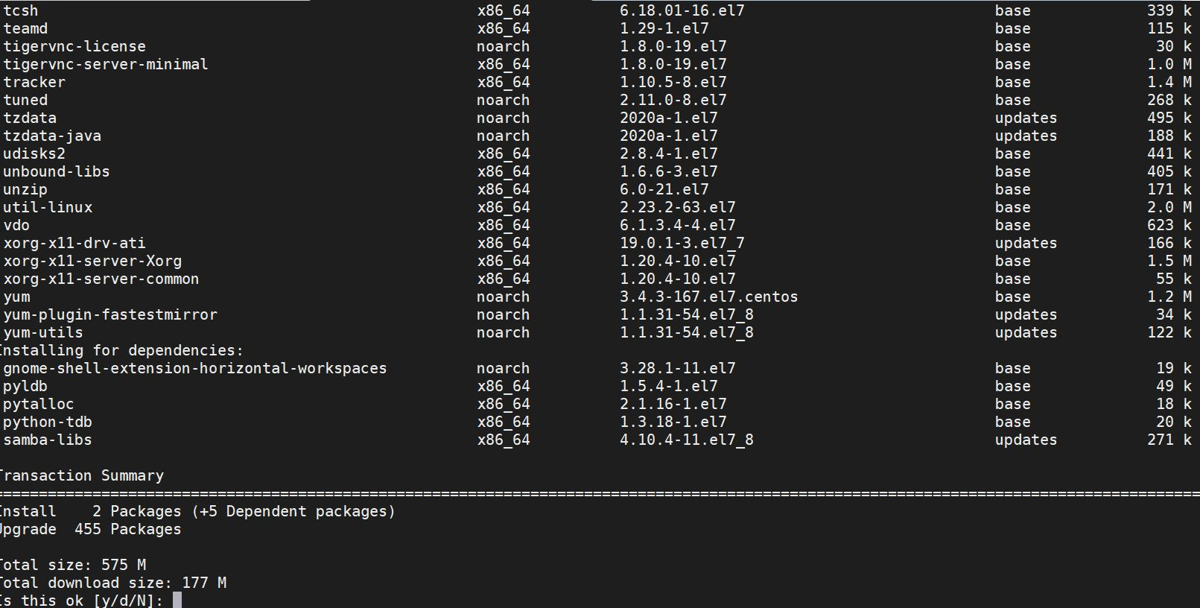

- OPENJDK 7 FOR FEDORA MAC OS X
- OPENJDK 7 FOR FEDORA SOFTWARE
- OPENJDK 7 FOR FEDORA CODE
- OPENJDK 7 FOR FEDORA FREE
Since February 15, 2008, there are two separate OpenJDK projects: OpenJDK was initially based only on the JDK 7.0 version of the Java platform.
OPENJDK 7 FOR FEDORA MAC OS X
Since August 2008, OpenJDK 7 is runnable on Mac OS X and other BSD distributions. On July 12, 2008, Debian accepted OpenJDK-6 in unstable, and it is now in stable. In June 2008, it was announced that IcedTea6 (as the packaged version of OpenJDK on Fedora 9) has passed the Technology Compatibility Kit tests and can claim to be a fully compatible Java 6 implementation. Moreover, OpenJDK can run complex applications such as NetBeans, Eclipse, GlassFish, or JBoss.
OPENJDK 7 FOR FEDORA CODE
They had however been reduced to less than 1% of the source code and were only necessary to build OpenJDK, not running it. OpenJDK did not pass all of the compatibility tests in the Java SE 6 JCK at the time, because of the remaining encumbrances.
OPENJDK 7 FOR FEDORA FREE
Īs of May 2008, the Fedora 9 and Ubuntu 8.04 distributions were released with OpenJDK, based completely on free and open source code. However, although initially the fixes proposed by the community were committed by Sun in the codebase, September 2008 saw the first (significant) patches directly committed by a non-Sun or ex-Sun employee.

This ensures the persistent high quality of the code but also means that even a trivial fix may take many weeks to approve. OpenJDK has comparatively very strict procedure of accepting code contributions: every proposed contribution must be reviewed by two of Sun's engineers and have the automatic test demonstrating that feature has been fixed. On December 2007, Sun moved the revision control of OpenJDK from TeamWare to Mercurial, as part of the process of releasing it to open source communities. Another project pending formalization on the porters group is the Haiku Java Team, led by Bryan Varner. The BSD porting projects, led by Kurt Miller and Greg Lewis and the Mac OS X porting project (based on the BSD one) SoyLatte led by Landon Fuller have expressed interest in joining OpenJDK via the porters group and as of January 2008 are part of the mailing list discussions. Īlso on November 2007, the porters group was created on OpenJDK to aid in efforts to port OpenJDK to different CPU architectures and operating systems.
OPENJDK 7 FOR FEDORA SOFTWARE
On 2007- 11-05, Red Hat announced an agreement with Sun Microsystems, signing Sun's broad contributor agreement (that covers participation in all Sun-led free and open source software projects by all Red Hat engineers) and Sun's OpenJDK Community TCK License Agreement (That gives the company access to the test suite that determines whether a project based on openJDK complies with the Java SE 6 specification). Sun stated that their goal was to replace the parts that remain proprietary and closed source with alternative implementations and make the class library completely open. Included in the list of encumbered parts were several major components of the Java GUI system. įollowing their promise to release a fully buildable JDK based almost completely on free and open source code in the first half of 2007, Sun released the complete source code of the Class library under GPL on May 8, 2007, except some limited parts that were licensed by Sun from 3rd parties who did not want their code to be released under a free and open-source license.

Mark Shuttleworth called the initial press announcement, " A real milestone for the free software community". According to Richard Stallman, this would mean an end to the Java trap. Sun released the Java HotSpot virtual machine and compiler as free software under the GNU General Public License on 13 November 2006, with a promise that the rest of the JDK (which includes the JRE) would be placed under the GPL by March 2007 ("except for a few components that Sun does not have the right to publish in source form under the GPL").
:max_bytes(150000):strip_icc()/javainstall-5806ecfb3df78cbc28aa9ea3.png)
Sun announced in JavaOne 2006 that Java would become open source software, and on October 25, 2006, at the Oracle OpenWorld conference, Jonathan Schwartz said that the company was set to announce the open-sourcing of the core Java Platform within 30 to 60 days.


 0 kommentar(er)
0 kommentar(er)
